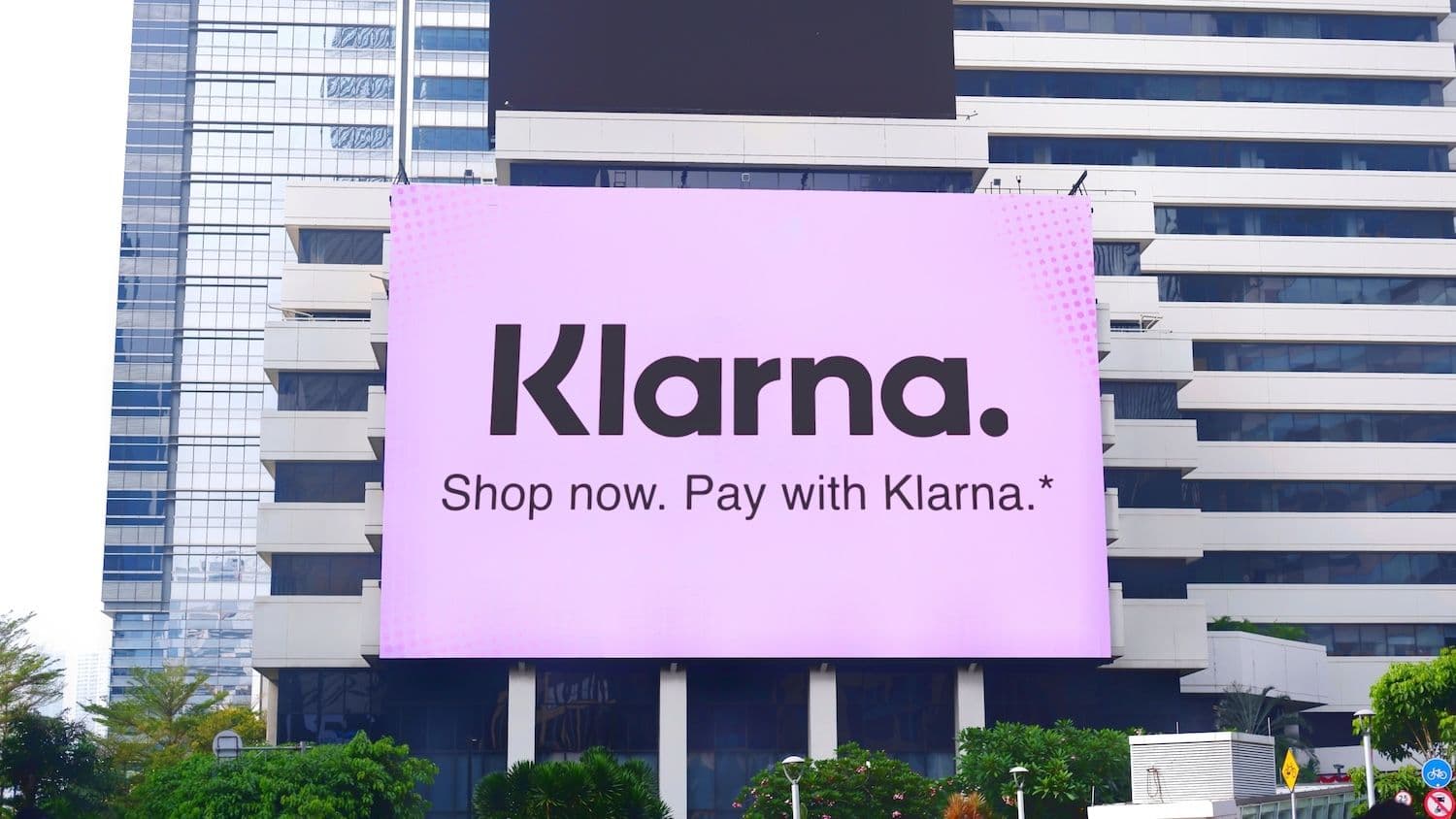Swedish fintech company Klarna announced Wednesday it will offer mobile phone plans in the United States for $40 monthly, marking the latest expansion in CEO Sebastian Siemiatkowski's ambitious push to transform the buy-now-pay-later pioneer into an AI-powered financial "super app" serving 100 million users worldwide.
What to Know:
- Klarna launches $40 monthly mobile plans with unlimited data, calls and texts through partnership with telecom startup Gigs
- CEO Sebastian Siemiatkowski envisions AI transforming Klarna into a "digital financial assistant" beyond traditional payment services
- Company reported $99 million quarterly loss while betting on artificial intelligence to overcome past super app failures
Super App Strategy Powered by Artificial Intelligence
The mobile service launch represents Klarna's renewed attempt to diversify beyond its core buy-now-pay-later business model. Siemiatkowski acknowledged the company's previous super app efforts proved "confusing for the customer" when multiple services were offered through different interface buttons.
This time, artificial intelligence serves as the foundation for a more integrated approach.
"I think in this new AI world, there's a better opportunity to serve customers with different services and then adopt the kind of level of articulation and visualization of those services than there was historically," Siemiatkowski told CNBC in an interview.
The CEO emphasized AI's capacity to personalize user experiences across multiple financial services. "With AI, you can abstract and adopt the experience much more to the specific user you're dealing with," he explained.
Siemiatkowski spends considerable time focusing on AI development, recognizing both its potential and current limitations. "There's a tremendous opportunity for that — but it's just getting it to work," he said. "Everyone who has used it knows it can spit out some exciting stuff but then you need to make sure that it works every time."
Digital Financial Assistant Vision Takes Shape
Klarna's long-term strategy centers on becoming what Siemiatkowski calls a "digital financial assistant" for everyday banking needs. The platform would analyze user spending patterns and automatically suggest cost-saving alternatives.
"If we have some information that suggests that you are overpaying for your carrier subscription or your data or whatever," Siemiatkowski explained, Klarna aims to "offer you both a suggestion of a better price model, but also with a click, implement that and make it a reality."
Industry analysts see merit in this approach, though execution remains challenging. "Ultimately, the north star for all financial products — especially the fintech companies — is to try and be the financial advisor in your pocket," said Simon Taylor of Sardine.ai. Taylor described the goal as creating "that private banker like experience but provided by a brand becomes the super-aggregator of your financial life."
The mobile phone service partnership with Gigs follows similar moves by competitors Revolut and N26, which have launched comparable offerings in recent years.
Market Challenges and Financial Performance
Super apps have achieved significant success in Asian markets, particularly China's Alipay and WeChat Pay, but Western adoption has lagged considerably. Cultural differences and regulatory environments contribute to slower acceptance rates in European and American markets.
Klarna faces additional hurdles beyond market dynamics.
The company reported a $99 million loss for the quarter ending in March, attributing the deficit to one-off costs including depreciation, share-based payments and restructuring expenses.
The fintech also confronts perception challenges, particularly in the United States market. American consumers primarily associate Klarna with buy-now-pay-later payment methods, which allow installment purchases typically without interest charges.
European users demonstrate broader understanding of Klarna's capabilities, recognizing options to store deposits and make immediate full payments alongside credit-based purchasing plans, according to Siemiatkowski.
Technology Maturity and Market Positioning
Siemiatkowski acknowledged that previous super app attempts failed partly due to technological limitations. The underlying technology "just wasn't mature enough at the time," he admitted.
Current AI capabilities offer new possibilities for seamless service integration, though many financial technology companies continue experimenting with optimal implementation strategies.
Taylor noted that while competitors study market developments, "you've got companies like Klarna building in public and trying to grab market share for a future that might not yet be built."
The company's willingness to test new services publicly reflects broader industry uncertainty about AI's ultimate role in financial services transformation.
Closing Thoughts
Klarna's mobile phone service launch represents a calculated bet on artificial intelligence's ability to succeed where previous super app attempts failed. With 100 million users and mounting quarterly losses, CEO Sebastian Siemiatkowski faces pressure to diversify revenue streams while proving AI can deliver the personalized financial assistant experience he envisions for Western markets.



